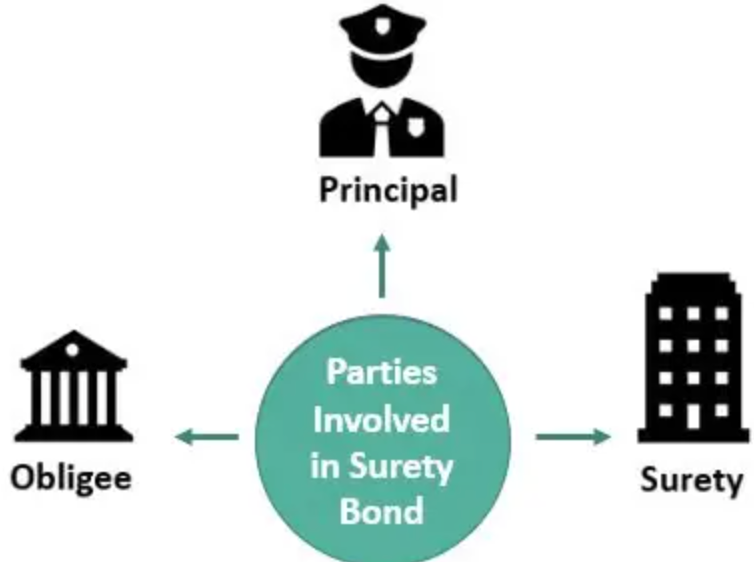How cost management is used in construction projects.
You may have read some previous articles about construction projects, and noticed cost management mentioned as being the responsibility of a few different project roles. Cost management is an important part of a construction project to ensure a budget is in place. It also ensures that the project sticks to the budget.
So, it stands to reason that cost management techniques are important. They help all the project financials run smoothly. But what are they?
This video gives an overview of what construction project finances are. Let’s jump into some of the techniques we use in a construction project.
Payment Method
Many times in construction projects the fee for services will increase. This can be for several different factors, such as scope creep, unforeseen constraints, or unforeseen delays. This makes the process of paying for services challenging, especially when there is a delivery deadline. In most projects the contractor or consultant will issue an invoice to the client with a payment deadline on it.
Normally, the invoicing schedule has been previously agreed with the client and could be, for example, monthly or every 2 months. In other cases, a unique schedule might be agreed and might revolve more around the financial year.
After the invoice is issued, the client needs to pay by the deadline, usually 30 days from the invoice date. This might change if there are disputes or enquiries around the invoice and services it relates to.

Letter of Credit (LOC)
This is a financial guarantee from a financial institution like a bank. It ensures that a certain amount will be paid when requested. They are commonly used in construction projects to reduce the risk to the contractor, consultant, or client. The bank will commonly step in to protect the payment to the seller if the client is unable to pay for the services. It can also protect the client as there is an agreement in place between the client and the contractor/consultant if the work is not completed to a satisfactory quality.

Surety Bond
This is a credit instrument that binds the contractual obligations between the client and contractor/consultant. They assure financial security, giving buyers confidence that the contractors/consultants will complete work according to the terms agreed. Mostly this relates to the quality of the work provided.

Performance Bond
This guarantees satisfactory completion of a project by a contractor/consultant. The bond protects the client if the contractor/consultant fail to meet the agreed obligations in the contract.

Interested in our courses?
Interested in civil engineering? Find out more about all the civil engineering courses we have available by clicking here.
Diploma in Sustainable Construction
Diploma in Structural Engineering
Diploma in Building and Construction Engineering
Higher International Certificate in Civil Engineering
Higher International Diploma in Civil Engineering
Alternatively, you can view all our online engineering courses here.
Recent Posts
Aircraft Basics: Main Components and Standard Control Surfaces Explained
Aircraft Basics: Main Components and Standard Control Surfaces Explained Introduction In this blog we will identify the main components within an aircraft, more from the point of view of large external parts, more specifically, flight control surfaces. Flight control surfaces are simply physical devices that the pilot can control and adjust in order to change […]
Understanding and Calculating Generator Efficiency and Output Parameters
Understanding and Calculating Generator Efficiency and Output Parameters Introduction The performance of a generator is often judged by how efficiently it converts mechanical energy into electrical energy. Understanding and calculating this efficiency, along with other key output parameters such as voltage, current, power factor, and load, is essential for evaluating performance and ensuring reliable operation. […]
Essential Cooling and Protection Devices: How They Work and Why They Matter
Essential Cooling and Protection Devices: How They Work and Why They Matter Introduction Generators produce a significant amount of heat and electrical stress during operation, which can affect performance and lifespan if not properly managed. That’s where cooling and protection devices come in. These essential systems, including fans, radiators, circuit breakers, and relays, work together […]

